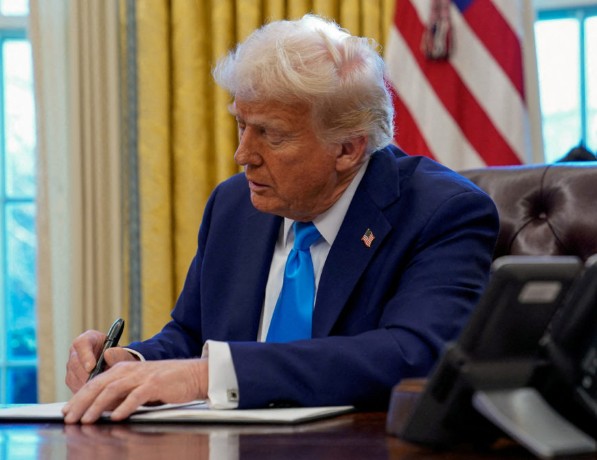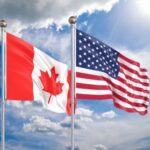On the National Day of Prayer, President Donald Trump signed a sweeping executive order aimed at promoting and protecting religious freedom across the United States, reaffirming his administration’s commitment to what he called “bringing religion back” into public life.
Speaking from the White House Rose Garden on Thursday, Trump unveiled the new directive, which establishes a presidential commission tasked with advising the government on matters related to religious liberty and defending the rights of individuals and organizations to freely practice their faith.
“Religious liberty is under threat in many places, including right here at home,” Trump said. “Today, we are taking historic steps to ensure that people of faith are protected, respected, and empowered to live according to their beliefs.”
Scope of the Executive Order
While the full text of the executive order has not yet been released, administration officials say the directive will instruct federal agencies to review policies and regulations that may restrict religious expression and participation, particularly in education, healthcare, and charitable services.
The new presidential commission composed of faith leaders, legal experts, and civil rights advocates will be charged with monitoring potential violations and advising on strategies to safeguard religious freedoms in both domestic and international contexts.
A Political and Cultural Signal
The move comes amid growing debate over the role of religion in American public life and ongoing legal battles involving religious expression, school prayer, and the rights of faith-based organizations. Trump’s announcement is seen by many as a strong signal to conservative and religious voters, who have been a key part of his political base.
Critics, however, raised concerns about the potential for the order to blur the lines between church and state or prioritize certain religious perspectives over others.
“This order must be carefully implemented to ensure it upholds constitutional protections and does not marginalize minority faiths or non-religious communities,” said Ayesha Reed, director of the Secular Policy Institute.
Looking Ahead
The executive order directs agencies to report back within 90 days on their progress and outlines a series of public hearings the commission will hold nationwide to gather input from various faith groups and civil society organizations.
Trump concluded his remarks with a call for unity: “On this National Day of Prayer, let us come together not just in worship, but in purpose to uphold the values that make our nation strong, including the sacred right to believe.”



